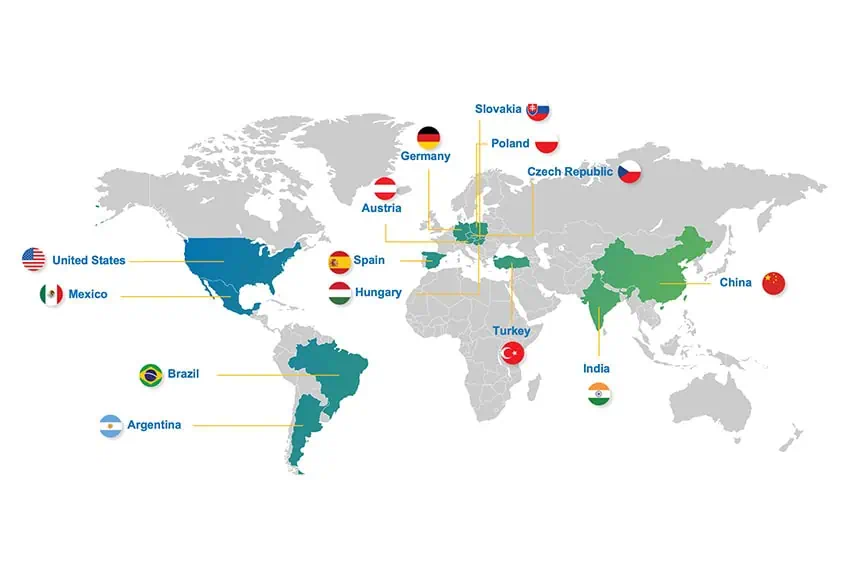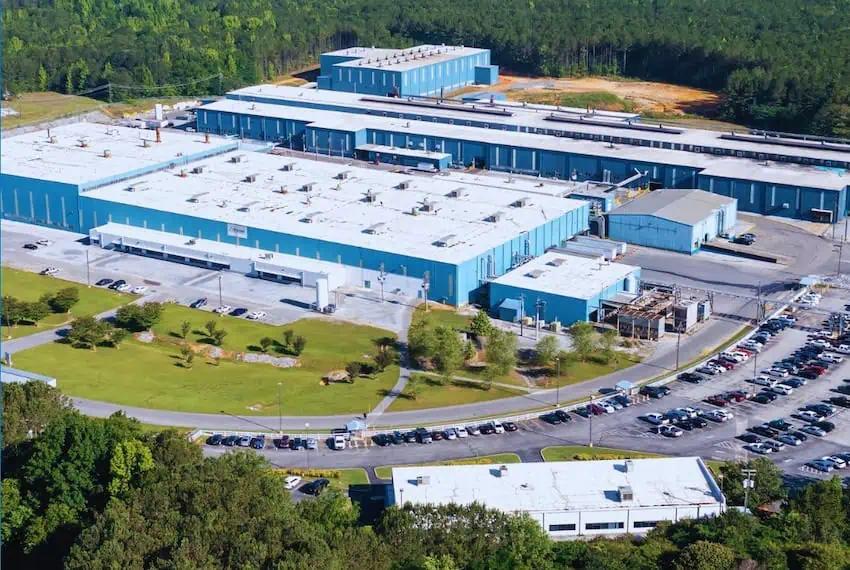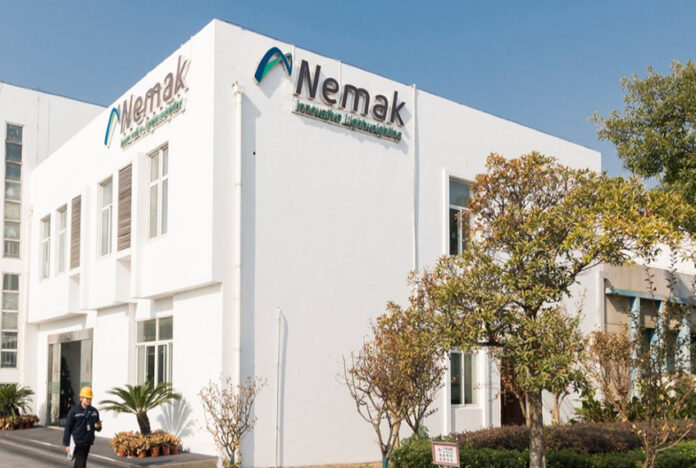The threat of 25% tariffs on auto exports to the United States has prompted Nemak, among the world’s largest auto industry suppliers, to consider moving some production operations from Mexico to the U.S.
Nemak, headquartered near the northern industrial city of Monterrey, Nuevo León, is a global automotive parts manufacturer that specializes in aluminum components.

While delivering the company’s fourth-quarter earnings report last week, Nemak CEO Armando Tamez conceded that shifting some operations to the U.S. is a possibility, but “only if it makes economic sense.”
This month, U.S. President Donald Trump ordered 25% tariffs on all steel and aluminum imports, applied then paused tariffs on all goods imported from Mexico, and recently suggested that tariffs would be applied to all auto imports beginning on April 2.
Tamez dismissed the impact of the tariff threats, the newspaper El Financiero reported, citing ongoing trade negotiations between Mexico and the U.S. Still, he said, the company must analyze all possible scenarios.
Nemak supplies auto parts to every major vehicle manufacturer operating plants in Mexico, including General Motors, Ford, Toyota, Stellantis and Nissan.

If Nemak’s clients move operations to the U.S. — Nissan is said to be considering it — Nemak could have its auto parts taxed directly under the new tariffs.
Tamez said the company currently has limited capacity in the U.S. and its plants there — one in Kentucky, the other in Alabama — are unable to increase production.
“So if we were to move operations to the U.S. from Mexico, it would have to make economic sense for Nemak,” he said, adding that prices would undoubtedly rise because “the cost of doing business in the U.S. is higher than that in Mexico.”
Nemak has seven facilities in the state of Nuevo León and two others in the state of Coahuila. It also has aluminum recycling and remanufacturing operations in Nuevo León.
Earnings report overshadows Nemak’s realignment strategy
In its 4Q earnings report, Nemak, a subsidiary of the Mexican industrial conglomerate Alfa, disclosed that although revenue grew by 6% year-to-year to US $1.2 billion in the final three months of the year, company revenue was down 1.7% in 2024.
While analyzing a partial move to the U.S., Nemak is amid a strategic adjustment to its operations that seeks “to align its resources and investments with changing market demands and customer needs.”
In early January, the company postponed new facilities in Mexico and Germany. These paused operations were to involve the production of battery housings for fully electric vehicles within the e-mobility, structure and chassis applications, according to Mexico Industry.
With reports from El Financiero, Mexico Industry and Bloomberg News
